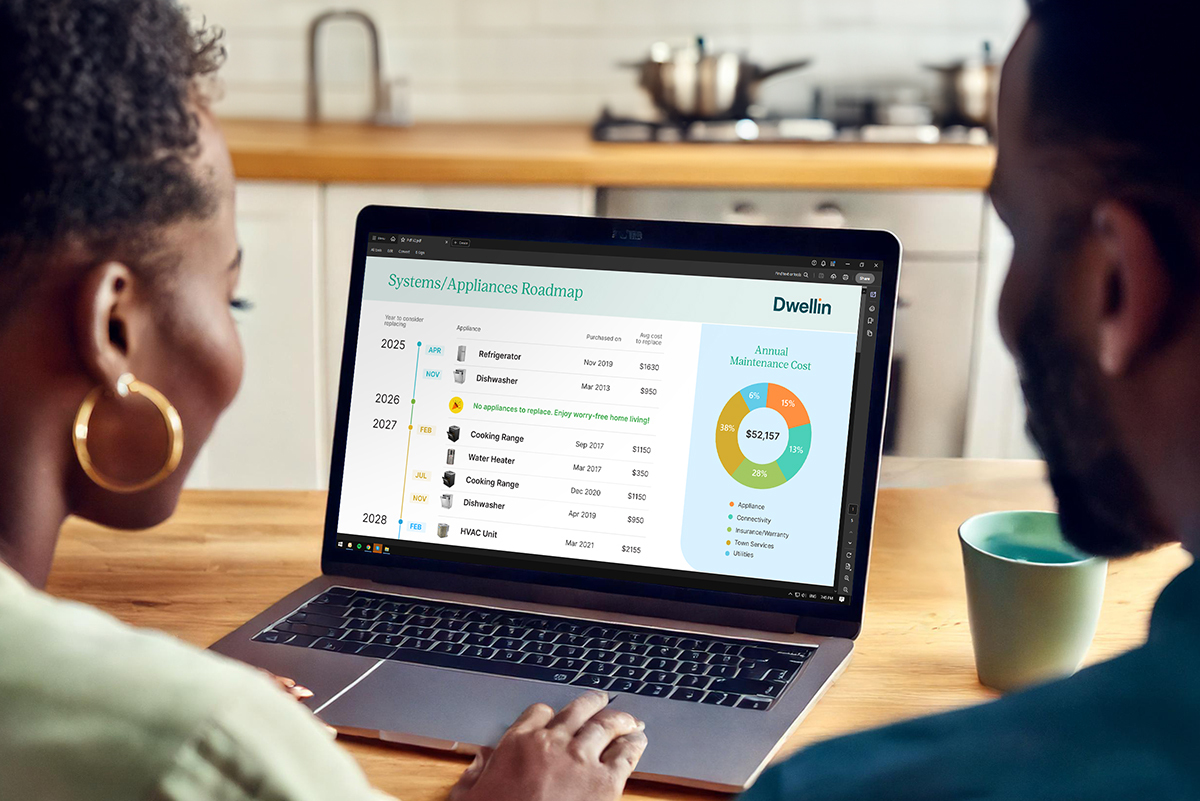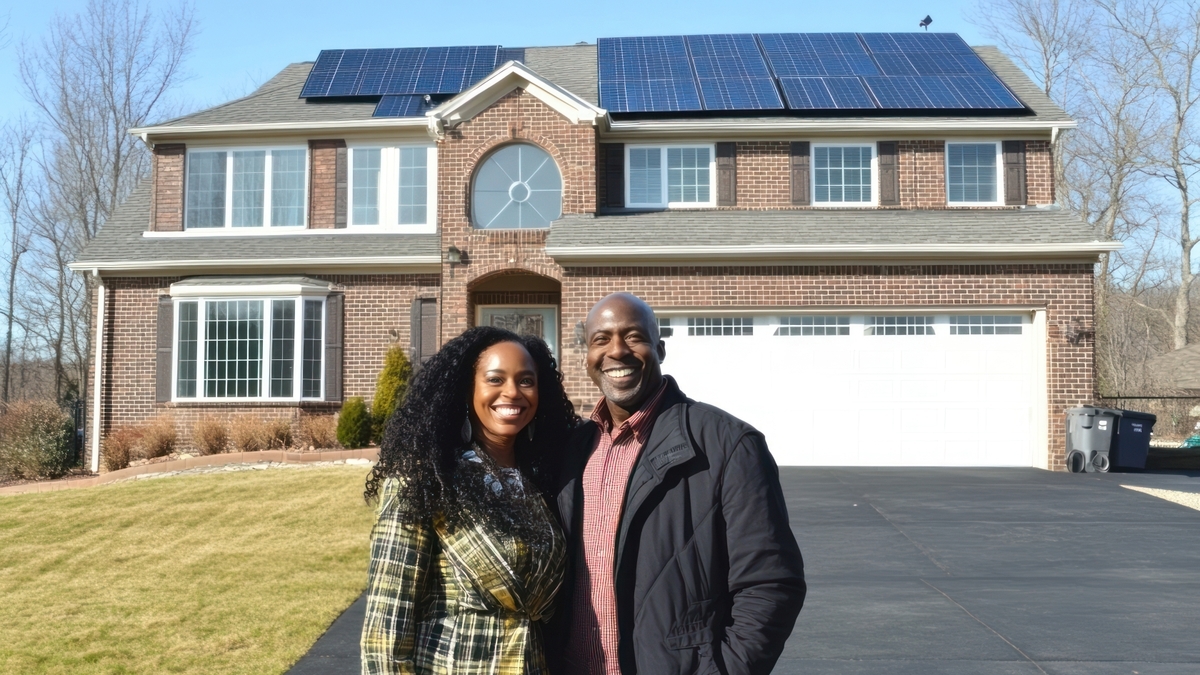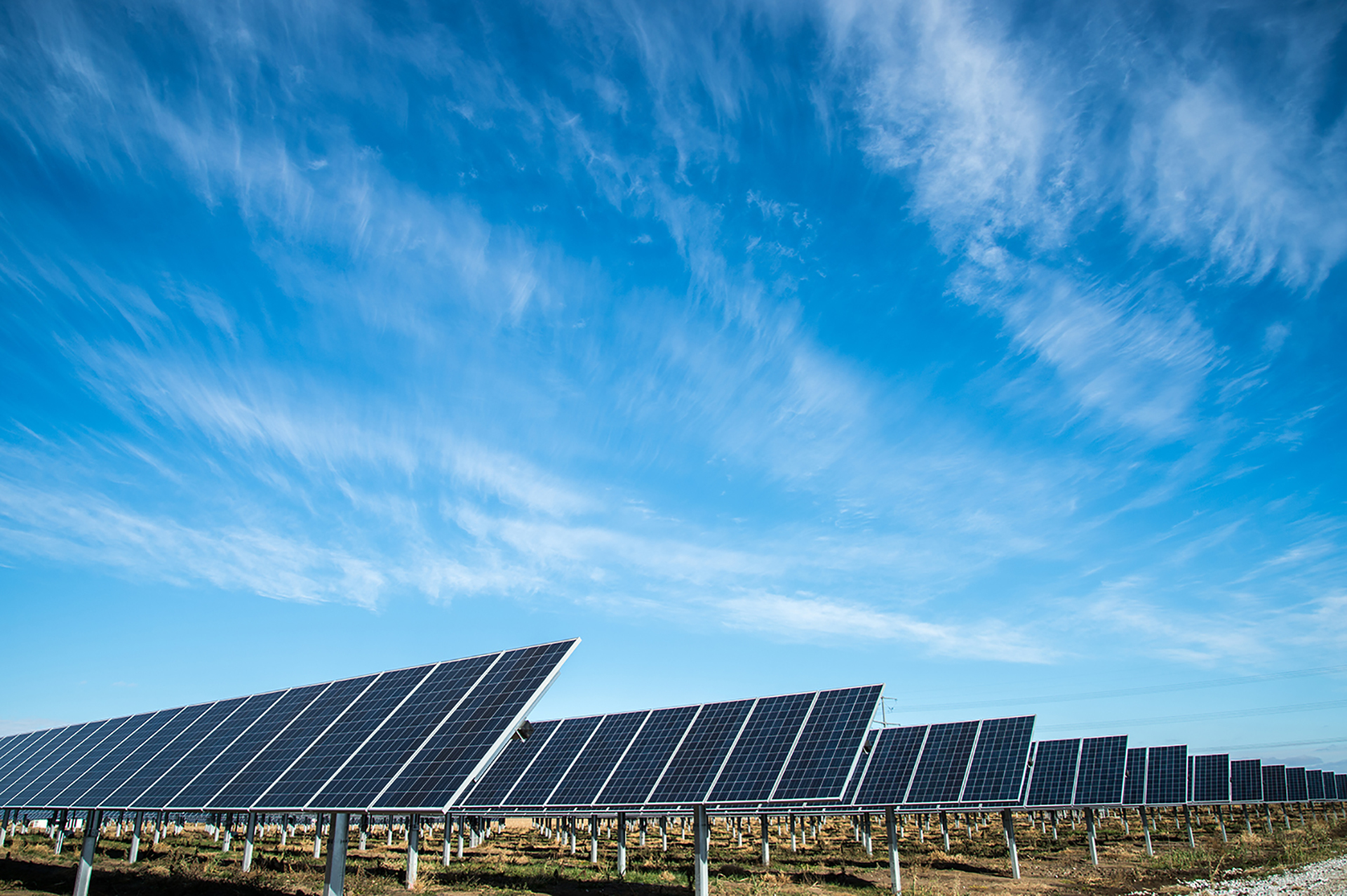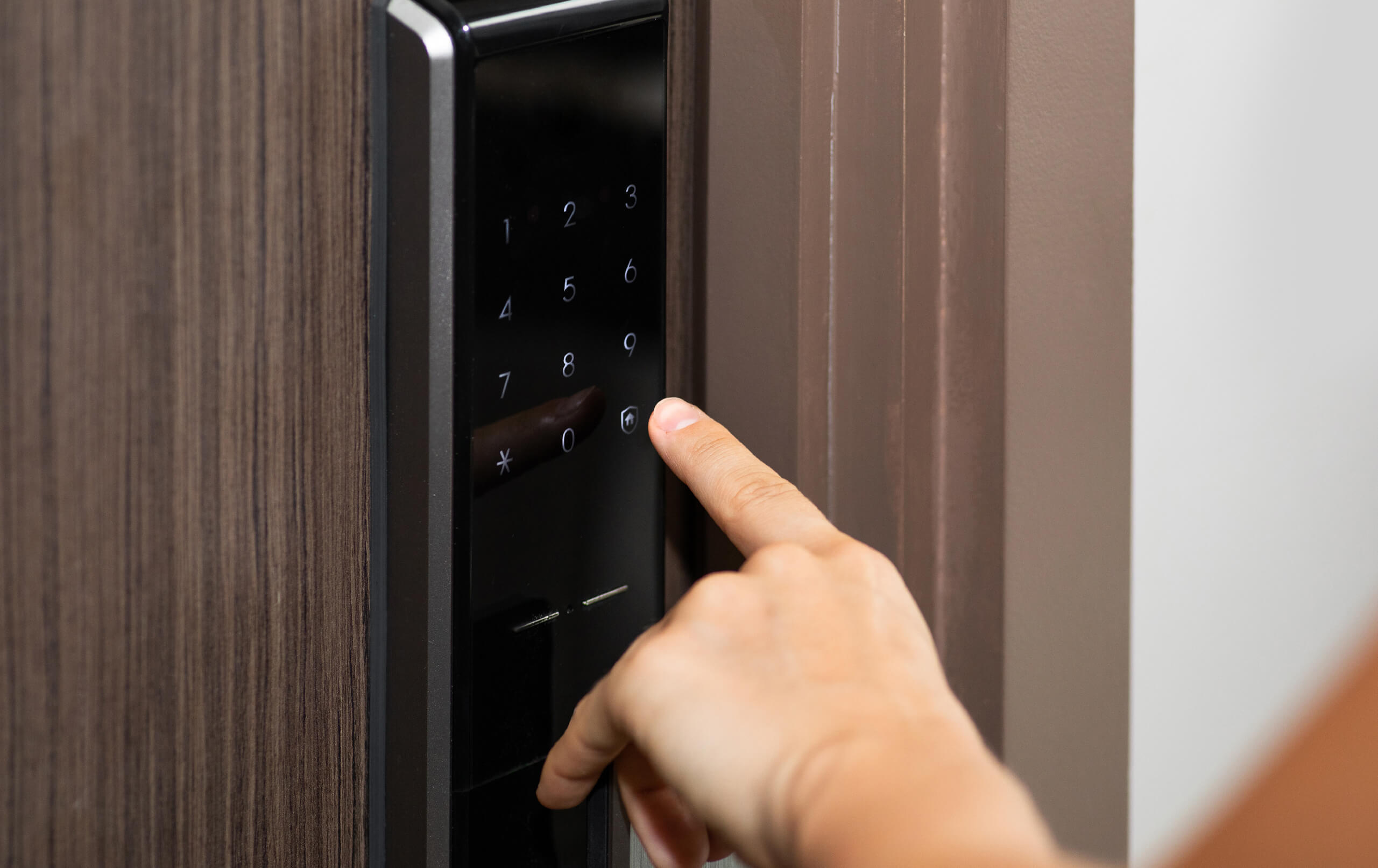Sunny Savings: 5 Benefits of Solar Energy to Your Wallet
3 minute read
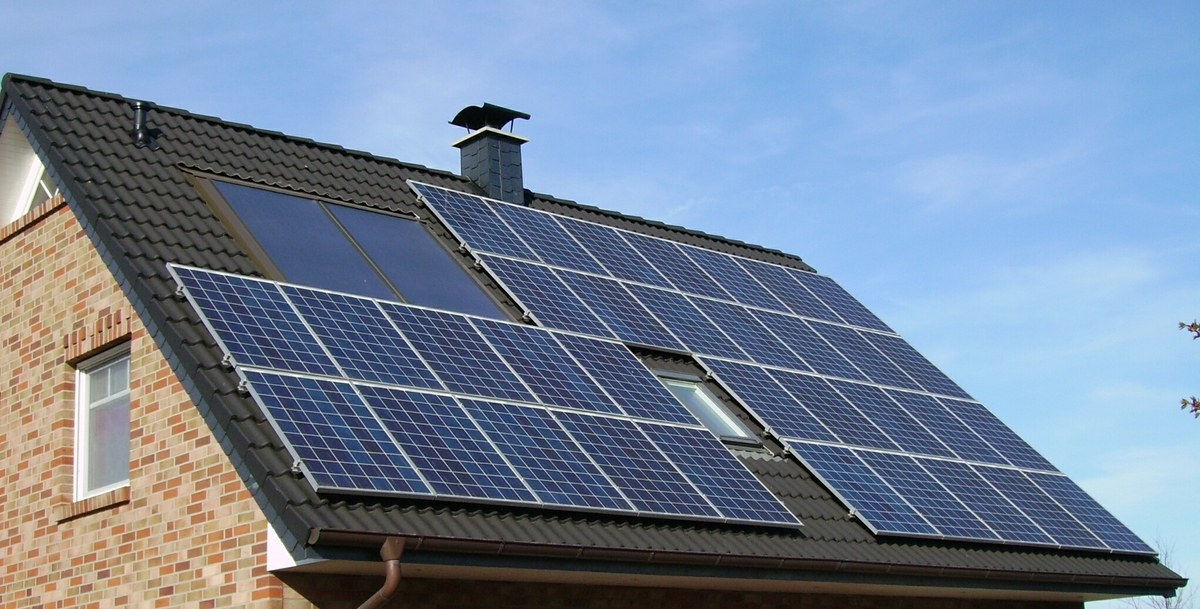
Consistent with Dwellin’s mission to help you tackle home maintenance and preserve more of the planet for future generations, solar energy is a great way for consumers – homeowners and renters alike – to both decarbonize and save thousands to tens of thousands of dollars.
Years ago, investing in a solar panel system for your home was a mostly climate-driven personal decision. Today, going solar is both a smart financial decision and a way to decarbonize. Because solar is now a win-win, going solar has become mainstream.
And, solar savings have never been more accessible. Check out the five ways solar can save you money:
1. Lower your utility bill
Energy rates are high and continue to rise over the long term. The ability to produce your own clean energy (and be more independent from rising energy prices) is one of the biggest benefits of going solar. When you install solar panels, you can minimize the electricity you use from the grid and avoid paying rising utility rates to power your home. There are other ways to lower your electric bill, like adjusting your daily routine and installing updated appliances, but your home solar system allows you to save money on the energy you’re already using! You’ll still be connected to the electrical grid if you need to get additional energy, but your utility bill can be minimal if not zero.
2. Save money immediately with a $0-down solar loan
Climate-positive assets, like solar panels, are increasingly favorable to finance. Between $0-down loan options, competitive interest rates, and flexible loan terms, your solar loan payment might even be lower than your current electric bill! Getting a solar loan lets you own your solar system without huge upfront costs so you can tap into federal, state, and local incentives to further boost your solar savings.
3. Take advantage of incentives & rebates
Solar incentives can reduce the cost you pay for solar by 30 to 50 percent. Incentives and rebates exist at the federal, state, and local levels and range from cash rebates and tax credits to programs like net metering, which lets you get money credited back to you for the energy produced by your solar panels that you don’t use. These programs are designed to encourage solar energy adoption, and their terms typically change over time. For example, the federal investment tax credit (ITC) allows residential solar owners to deduct 30 percent of their solar project’s cost from federal income taxes until 2032. The ITC will drop to 26 percent in 2033, then to 22 percent in 2034, and is ultimately scheduled to disappear for residential solar by 2035.
As we mentioned, solar incentives aren’t just offered at the federal level. To learn more about your state’s unique incentive programs, check out this guide to solar rebates and incentives.
4. Increase the property value of your home
While it’s not exactly a savings, it can mean more money in your pocket when you sell your home. In general, solar panels increase home values. The value added by a solar system varies based on location, but multiple studies conducted by industry experts make one thing clear: solar panels can add value to your home. Let’s take a closer look at a few:
The National Renewable Energy Laboratory (NREL) found that home value increases by $20 for every $1 saved on your utility bills.
Lawrence Berkeley National Laboratory (LBNL) reports that homebuyers are willing to pay premiums of approximately $4 per watt of installed solar capacity.
A Zillow study found that homes with solar panels sell for 4.1% more.
5. Enroll in community solar
Installing a home solar panel system just might not be possible for you if you live in a condo, rent your home, or have a roof that’s heavily shaded by large trees. Community solar projects allow more people (including renters) to enjoy the benefits of solar without installing anything on their property and paying little to no upfront costs.
It works like this: a large solar array (aka a solar farm) is developed and distributes energy to the grid. Residents and organizations local to the utility serviced by the project are eligible to subscribe to a share of the solar garden in exchange for monthly bill credits. Ideally, your share of the solar farm produces the same amount of electricity you use. Typically, community solar subscribers save about 10-15% on their electricity bills annually.
Tap into solar savings today
Solar energy is now accessible and affordable, enabling you to make a major environmental impact at home. Whether you are considering a home solar panel system or subscribing to a community solar farm, you should use a trusted, reliable, service like EnergySage to maximize your savings while contributing to a clean economy. Compare quotes from pre-vetted solar installers on EnergySage and get the most out of your solar investment.




